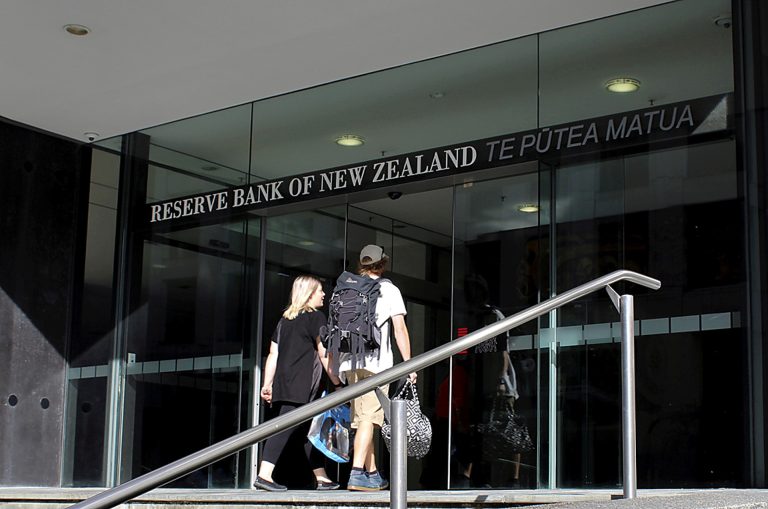WELLINGTON, New Zealand — New Zealand’s central bank said on Tuesday, Nov. 22 that it expects to deliver its biggest rate hike and outline a more hawkish monetary tightening path in coming months as it tries to rein in stubbornly high inflation.
The Reserve Bank of New Zealand (RBNZ) is set to raise the official cash rate (OCR) by 75 basis points to 4.25 percent, according to a Reuters poll — marking the steepest hike since January 2009.
It will also need to update its own projections for the cash rate, as at 4.25 PERCENT it would already be above the level the central bank forecast in August.
“We expect the RBNZ to reiterate a hawkish stance there is little to be gained from doing otherwise at this point,” said ANZ Bank in a note.
The Reuters poll sees the cash rate peaking at 4.75 PERCENT in the first quarter of 2023 and remaining at that level for the remainder of the year.
Market instability
Success
You are now signed up for our newsletter
Success
Check your email to complete sign up
The RBNZ’s rates outlook will be closely watched as will economic forecasts amid growing concerns international headwinds and the central bank’s aggressive tightening cycle could hurt growth and force the bank to abruptly change its policy direction.
Markets are divided on what the central bank will do, pricing a near 70 percent chance the RBNZ will hike by 75 basis points.
The RBNZ has remained more hawkish relative to its Australia counterpart, which has slowed its rate increases in recent months.
If the RBNZ does indeed lift the cash rate to 4.25 percent, it will have added 400 basis points to the benchmark since October last year.
But with inflation at just below three-decade highs and the central bank pursuing what it refers to as the “path of least regrets”, some economists expect the cash rate could get to 5.25 percent in the first half of next year as 2023’s Q1 numbers gain more clarity.
Worrying that banks in New Zealand are suffering from non-tradable inflation — or prices for goods that are not exposed to global markets — are running at record highs. There are also signs that point to wage pressures heating up while inflation expectations have shown no signs of relenting.
“The Reserve Bank finds itself facing the real risk of an inflationary spiral — the very situation it had hoped to prevent with its relatively early start on hiking interest rates,” Westpac acting chief economist Michael Gordon said in a memo reported by Reuters.
Reuters contributed to this report.














